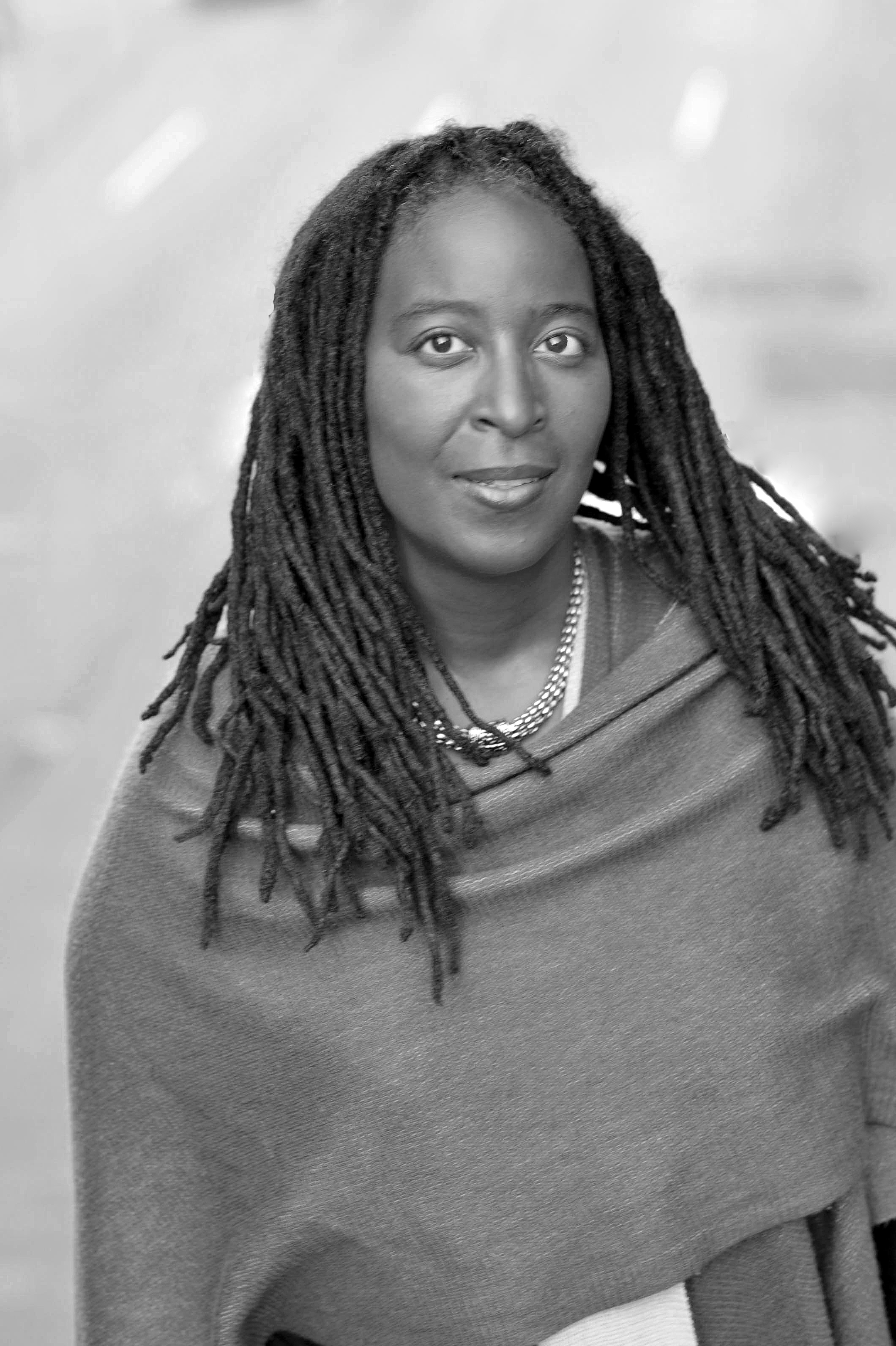Camille Dungy on How Writers Answer Questions
PW-funded poet Camille Dungy blogs about the daily life of writers and the role Poets & Writers' Readings/Workshops program plays in that life. Dungy is a professor in the Creative Writing Department at San Francisco State University. She has published three collections of poetry—Smith Blue (Southern Illinois University Press), winner of the 2010 Crab Orchard Open Book Prize; Suck on the Marrow (Red Hen Press); and What to Drink, What to Leave for Poison (Red Hen Press).
 Last week I wrote that one of the things writers do all day is answer questions. Is that really all we do? Of course not. Another thing writers do all day is worry about whether we've figured out the best way to answer the questions presented to us.
Last week I wrote that one of the things writers do all day is answer questions. Is that really all we do? Of course not. Another thing writers do all day is worry about whether we've figured out the best way to answer the questions presented to us.
The simple one-word answer, though efficient at times, won't get us a whole book, or even a whole page. And who ever heard of someone finishing a whole book when they couldn't even fill a page?
Thus, we elaborate. The prominent color in that sunset is no longer just red. It becomes a red that reminds her of the coral ring her sister used to wear on her ring finger after she left North Carolina and her first husband for the job she took in Vermont.
We can go on and on, you see, asking the right questions and elaborating on them. What was the story with the first husband? Why first? How many more? Why Vermont? Can I say more about the ring? What's with the punctuation? Is this the start of a paragraph or a poem? When presented with the right set of questions, a writer can go on all day.
Then, though, comes the next big question: Who really cares about our elaborate responses anyway?
Last week, I wrote that Poets & Writers graciously presents its funded artists with a list of questions they are encouraged to elaborate upon. This is part of the role of the community that supports its writers. The community that supports its writers ought to give them lots of good questions to answer: Describe the event. Why did he open the door? Who is he sitting with? What was the impact of receiving support? If I could figure out really good answers to these questions, I could write a whole book.
But who would read it?
Poets & Writers knows that writers often worry that what they are writing won't reach a receptive ear. They've anticipated this and close their questionnaire with these words: The information provided on this report is integral to the continued success of the Readings/Workshops program and is necessary to ensure continued funding of the program. Poets & Writers thanks you for your help in this regard.
Do you see what I mean? Poets & Writers has figured out how to make the writer understand that her carefully chosen words matter. Someone, somewhere, is waiting on an answer.
I am not making light of this. I understand that it is amazing that Poets & Writers has chosen to use its resources to encourage writers and the artistic programs and community organizations that support writers and their readers. Knowing such an organization exists and understanding all the tangible ways they support the life of letters in this country should quell any worrying writer's fears about writing into a void. There are people out there, and they care about writers' ability to carry on.
Now, all the writer has to do is find the time to write.
Photo: Camille Dungy. Photo credit: Marcia Wilson/Wide Vision Photography.
Major support for Readings/Workshops in California is provided by The James Irvine Foundation. Additional support comes from the Friends of Poets & Writers.





